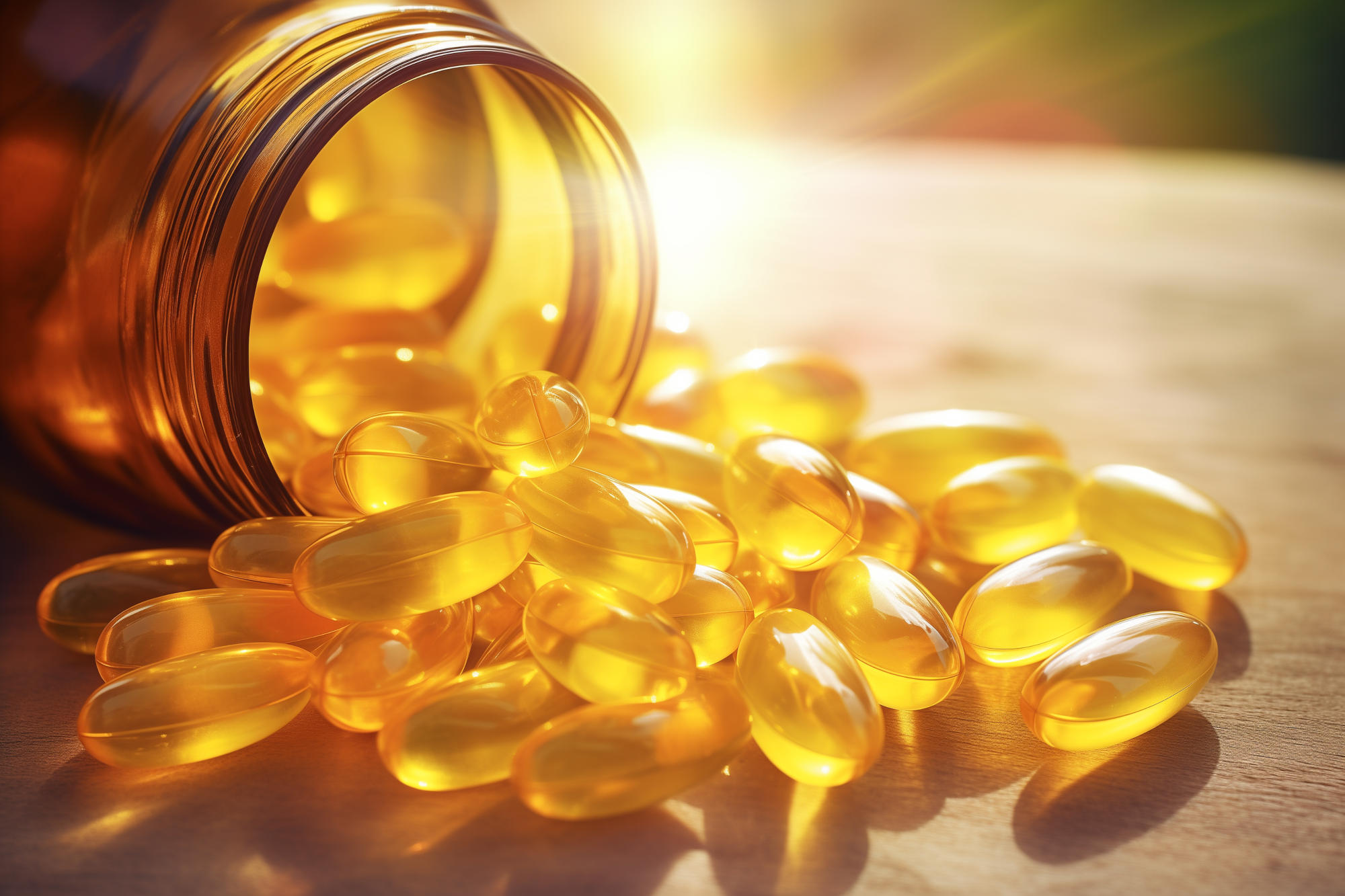
For over a century, the relationship between vitamin D deficiency and the risk of several cancers has been a topic of discussion. A recent commentary has highlighted the potential benefits of improving vitamin D levels to reduce cancer risk and enhance survival rates. It emphasizes the results of a study by Kanno et al., which found that certain patients with immune responses against the mutated p53 protein, a protein associated with cancer growth, benefited from vitamin D supplementation. It also suggests that future research should consider these factors and focus on vitamin D dosage to improve cancer outcomes.
“Game changer for the field of vitamin D as it relates to cancer”
For more than 100 years, it has been believed that sunlight and vitamin D deficiency were associated with the risk for many deadly cancers including colorectal, prostate, and breast. However, some scientists have remained doubtful about whether this nutrient indeed has any benefit in reducing cancer risk, morbidity, and mortality. This skepticism is bolstered by several randomized controlled trials casting doubt on the nutrient’s effectiveness.
Commentary on Vitamin D’s Effect on Cancer
In his new commentary published in the journal JAMA Network Open, Dr. Michael F. Holick, professor of medicine, pharmacology, physiology & biophysics, and molecular medicine at Boston University Chobanian & Avedisian School of Medicine, explores the controversy surrounding the benefits of improving vitamin D status for reducing cancer risk and improving survival outcomes.
Dr. Holick believes the results of the study by Kanno et al. support the significant body of associated evidence and clinical studies concluding that improving vitamin D status through supplementation can be an effective strategy for improving survival outcomes of cancers, particularly those affecting the digestive tract such as colorectal cancer.
Factors Influencing Vitamin D’s Effect on Cancer
“We now recognize that there are various variables that can influence how vitamin D prevents and responds to cancer. For example, maintaining a normal weight and taking vitamin D can improve your ability to survive cancer. Other factors include the patient’s genetic makeup and how the patient metabolizes and utilizes vitamin D,” explains Dr. Holick, the corresponding author of the commentary.
The study by Kanno et. al. provides further insight. The p53 gene produces the p53 protein, which helps prevent cells from becoming cancerous. Cancer mutates this gene, leading to the production of mutated p53 protein, which promotes cancer growth and resistance to cancer therapy. The study found that patients with immune responses against this mutated p53 protein were more likely to improve their chances of surviving cancer if they also took a daily 2000 IUs vitamin D3 supplement compared to patients who had the antibodies but did not take vitamin D supplementation. Those patients who did not produce the antibodies did not experience a survival benefit from taking the vitamin D supplement.”
Future Directions in Research
Dr. Holick suggests conducting a retrospective analysis for serum p53 antibodies and the presence of p53 in histologic cancer samples of breast, prostate, and other cancer studies that found no benefit from vitamin D supplementation in improving cancer survival.
Furthermore, Dr. Holick proposes that future studies evaluating vitamin D supplementation for cancer prevention and improvement of outcomes should include measurements of p53 antibodies in the blood and the presence of p53 in cancer tissue samples, in addition to the variables mentioned above.
Dosage and Implications
According to Dr. Holick, it is important to recognize that most studies showing improved cancer survival with vitamin D3 supplementation provided patients with at least 2000 IUs of vitamin D3. This dosage significantly improves vitamin D status (serum concentration of 25-hydroxyvitamin D) to a level above 30 ng/mL. This dosage of vitamin D3 has not been reported to cause any toxicity
“It is well-documented that achieving a circulating concentration of 25(OH)D above 30 ng/mL requires a daily intake of at least 2000 IUs of vitamin D, an amount that cannot be obtained through diet alone and requires supplementation. Although vitamin D is often referred to as the sunshine vitamin, it is not possible to obtain enough vitamin D from sun exposure alone unless you expose more than 20% of your body surface to sunlight almost daily, as done by the Maasai and Hazda tribes in equatorial Africa,” said Dr. Holick.
Reference: “The Death D-Fying Vitamin D3 for Digestive Tract Cancers—The p53 Antibody Connection” by Dr. Michael F. Holick, 22 August 2023, JAMA Network Open.
DOI: 10.1001/jamanetworkopen.2023.28883


